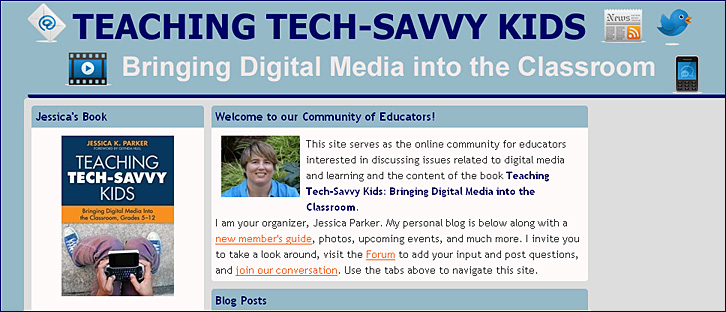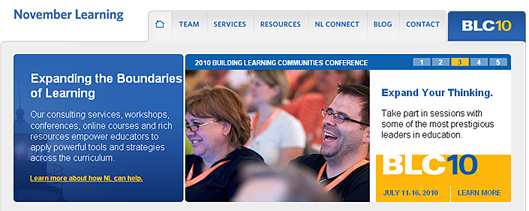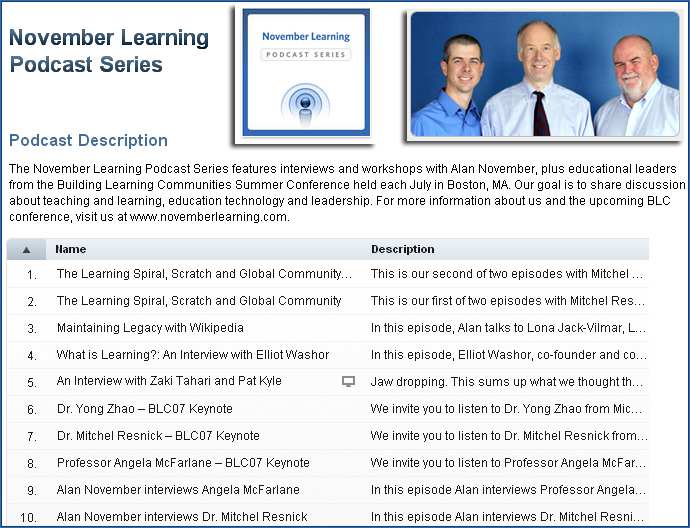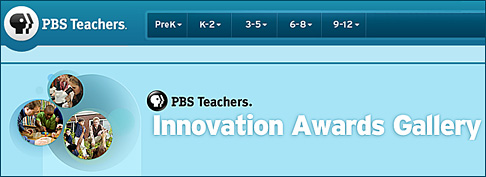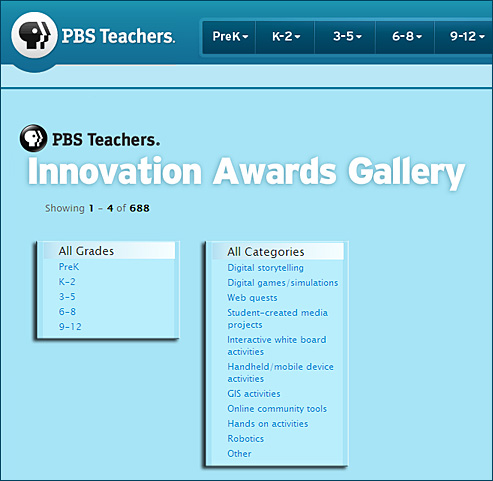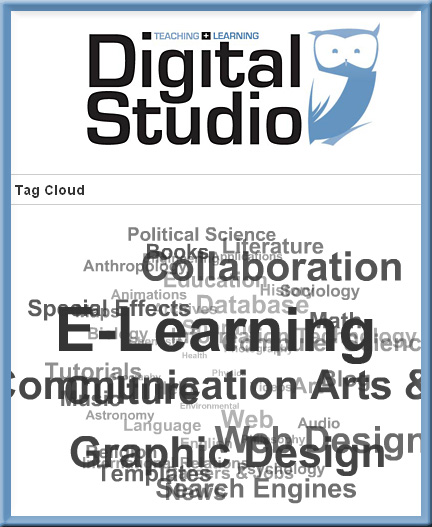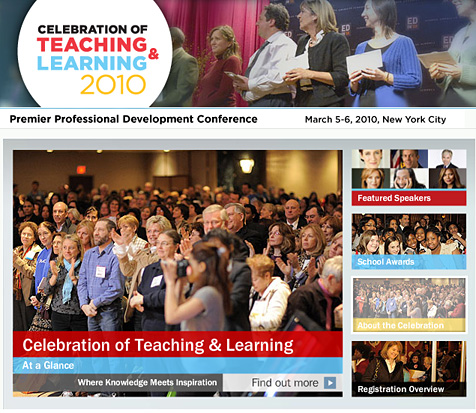During this Teacher Appreciation Week…I wanted to say thanks again to all of the teachers, faculty members, trainers, coaches, mentors, supervisors, and instructors out there! Keep up the hard, but good work! You make a difference. You change lives. Your work makes the world a better place and you help lift people out of poverty.
In my postings, I never mean to be negative on your performance. Rather, I seek to change some things in the way we do things in order to create win-win situations and, on occasion, to raise some alarms so that we don’t get broadsided.
With gratitude for all my current and former teachers, bosses, and coaches,
Daniel Christian
‘Virtual’ internships prepare student teachers for new world of online schooling — from University of Florida, via Virtual School Meanderings blog
From DSC:
This brings up some very interesting points and questions. If K-12 education continues to use more online learning:
- Shouldn’t colleges of education be teaching their students how to teach in an online environment? Or at least in a blended-learning environment?
- Should students who are studying to become educators be asked to specialize in either face-to-face-based teaching, or teaching online, or teaching in blended learning environment?
- Or should they get exposure to f2f, online and blended as part of that education…?
Hmmm…I’m not sure. But I don’t think we can expect to make as much progress if our colleges of education aren’t adapting to the changing learning environment out there.
Teachers as Master Learners — from Will Richardson
Quoting Will:
More and more, though, as I look at my own kids and try to make sense what’s going to make them successful, I care less and less about a particular teacher’s content expertise and more about whether that person is a master learner, one from whom Tess or Tucker can get the skills and literacies to make sense of learning in every context, new and old. What I want are master learners, not master teachers, learners who see my kids as their apprentices for learning. Before public schooling, apprenticeship learning was the way kids were educated. They learned a trade or a skill from masters. When we moved to compulsory schooling, kids began to learn not from master doers so much as from master knowers, because we decided there were certain things that every child needed to know in order to be “educated.” And we looked for adults who could impart that knowledge, who could teach it in ways that every child could learn it.
From DSC:
Coming from the world of an instructional technologist, I would also like to add how key it is for teachers, instructors, professors, etc. to be willing to try new things out. Let’s forget about being experts in anything! It’s ok to not be an expert in something. For me, it’s almost unbelievable that anyone can be an expert these days…because for most of us, the world’s spinning far too fast to be an expert in anything anymore.
To Will’s point, we need to be constant learners. But we also need to be willing to try and do things differently (at least in areas where it makes sense to give things a try). Whether teaching or not, I think we all need to learn from our students…and from each other. Let’s be willing to try some new things out. We can fail and model learning from our failures. We can show courage; humility. We can show our students that they too are going to need to be willing to change.
Willingness…it’s key.









